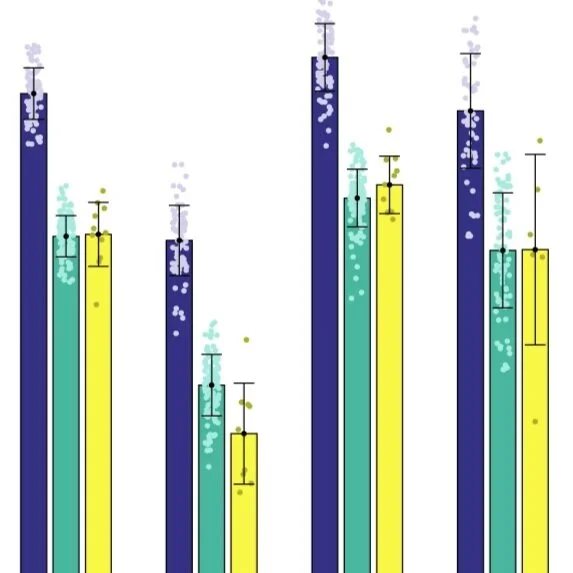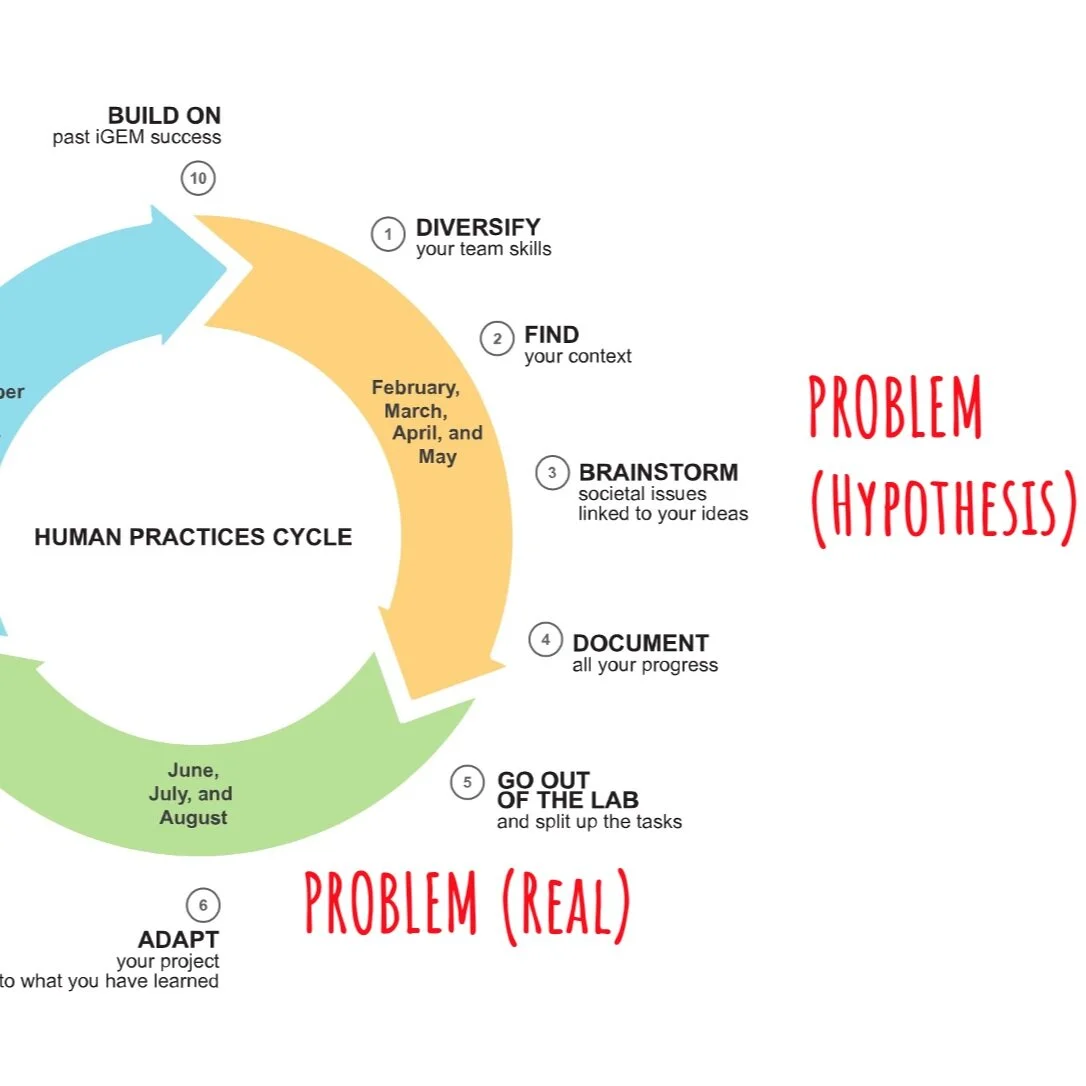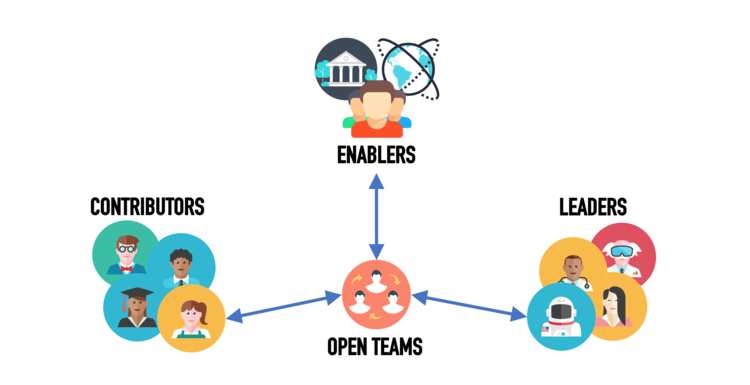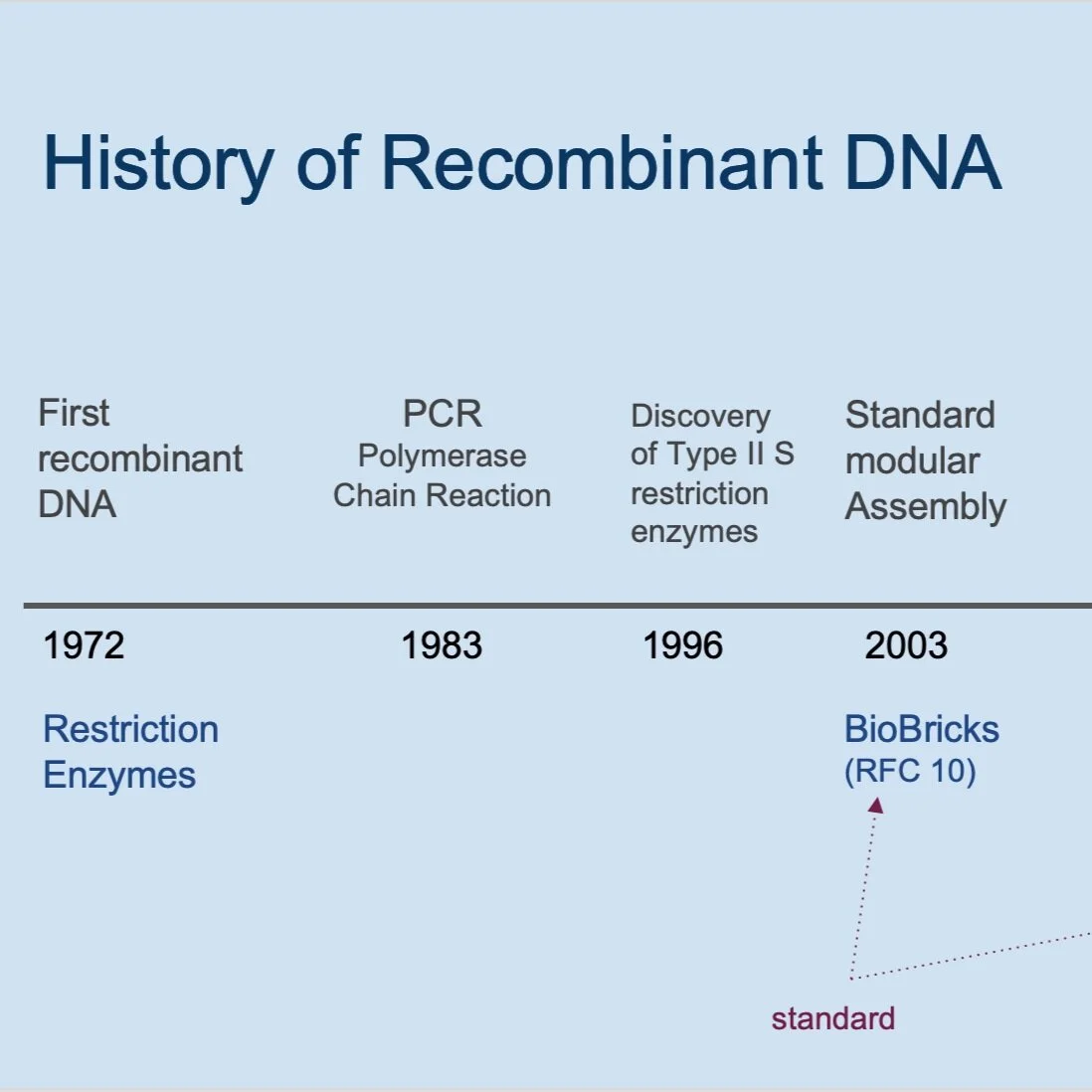We are excited to present this interview series to celebrate women in STEM (Science, Technology, Engineering, and Mathematics). The main idea of this interview series is to inspire the current and next generations of women and girls who are interested in science. For this series, we gathered speakers with diverse backgrounds and experience from different regions, all of them doing amazing jobs and leading their fields.
Welcome!
This blog is where we share stories, announcements, and insights from around the iGEM community.





















